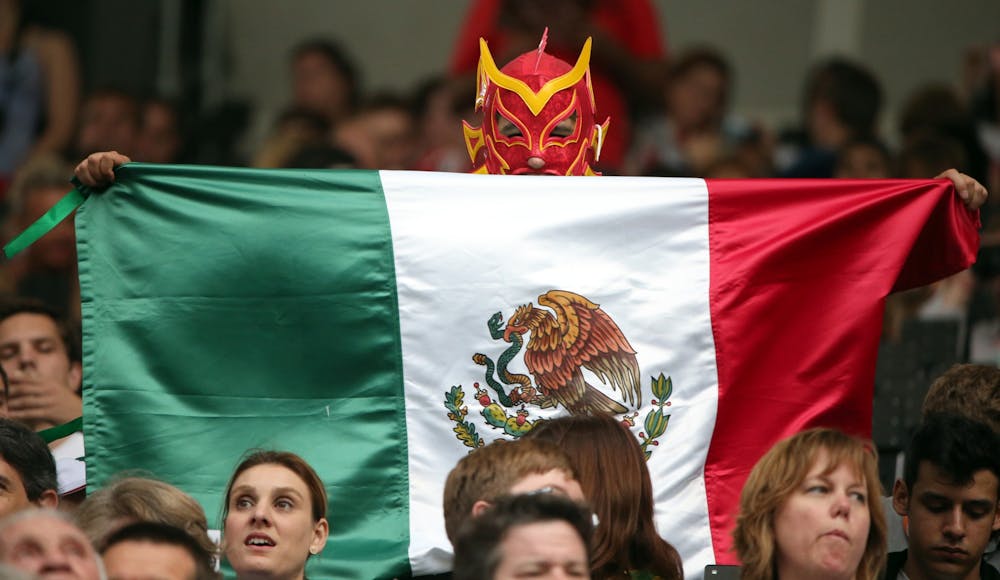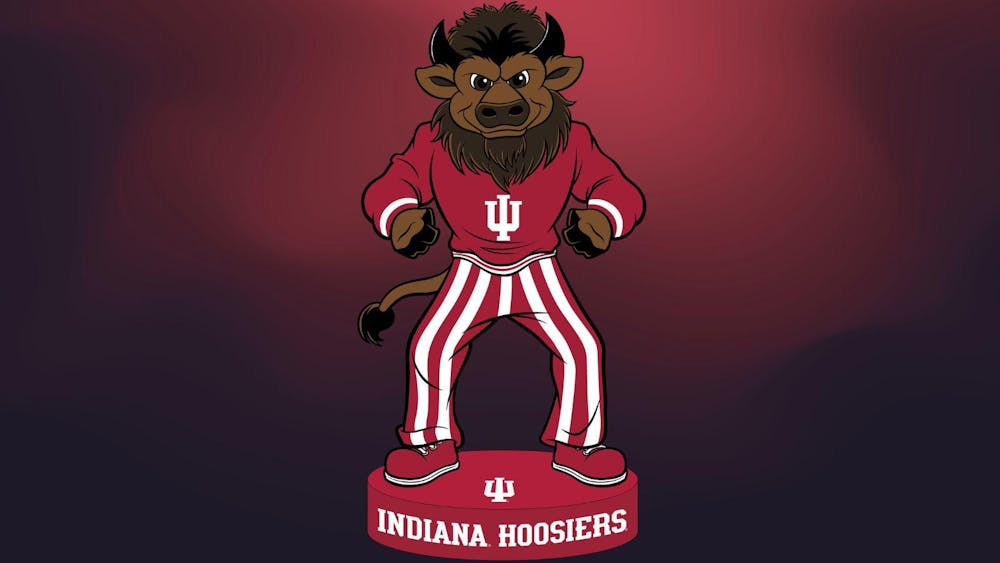I was playing for the pep band at a basketball game. I was only in the eighth grade, eating popcorn in between playing my clarinet, already feeling bad for the slight damage I’d eventually be doing to my instrument.
As I reached for the popcorn one last time, my friend mumbled something under their breath. They called me a “sneaky Mexican.” The sting I felt that night was worse than the popcorn-clarinet damage I caused.
For most of my life, I’ve thought of myself as a “fake” Mexican because I’m a Mexican-American girl who has been raised by a single, white mom. Despite this, I still feel like I don’t fit in among overwhelmingly white groups, and I still face microaggressions similar to the popcorn incident.
Regardless, having a mixed ethnic background doesn’t invalidate either of my ethnicities.
Even though I don’t always perceive myself as truly Mexican, that doesn’t stop the education system from perceiving me as such. I check the “Hispanic/Latino origin” box on every school and government form.
And in high school, I didn’t excel on my PSAT compared to all test takers — but I did out of the Hispanic test takers. This made me feel like my American background invalidated my score while my Mexican lineage did wonders for it.
Differentiating what that meant made no sense to me at the time. How could half of my identity put me a leg up while the other half seemed to put me at a disadvantage?
Even still, that balance has been flipped upside down in other contexts. While my Mexican heritage has given me a boost in the education system, it often puts me at a disadvantage in a social setting.
My own friends have sometimes, possibly unknowingly, said hurtful, stereotypical things to me for simply being Mexican. People have mispronounced my last name since kindergarten or have been too lazy to correct themselves. And teachers assumed every year that I speak Spanish solely because of my hard-to-pronounce last name.
Even though I wasn’t raised in a Mexican household or don’t have strong connections to my other Mexican family members, the Mexican part of me will always apply to me.
And to put it very plainly: grappling with that has been really tough at times.
My roommate, who is also a Mexican-American girl, and I have stayed up countless nights talking about how we’re “fakes.” I’ve been asked how I identify while introducing myself to a class and have been at a loss for words.
While I often tie this confusion or disconnect to me being a “fake,” it’s what makes me the most real at the end of the day.
As cliche as it is, we are all human beings who want to declare a place for ourselves and take up space on this planet. Figuring out what that means for each of us can be challenging.
No identity outweighs one or the other. I’m not less Mexican than I am American, or vice versa. Being confused about my identity and what that means for my life has made me feel the most true to my Hispanic and American roots.
Elizabeth Valadez (she/her) is a freshman studying English and political science. She is a member of Chi Alpha.






